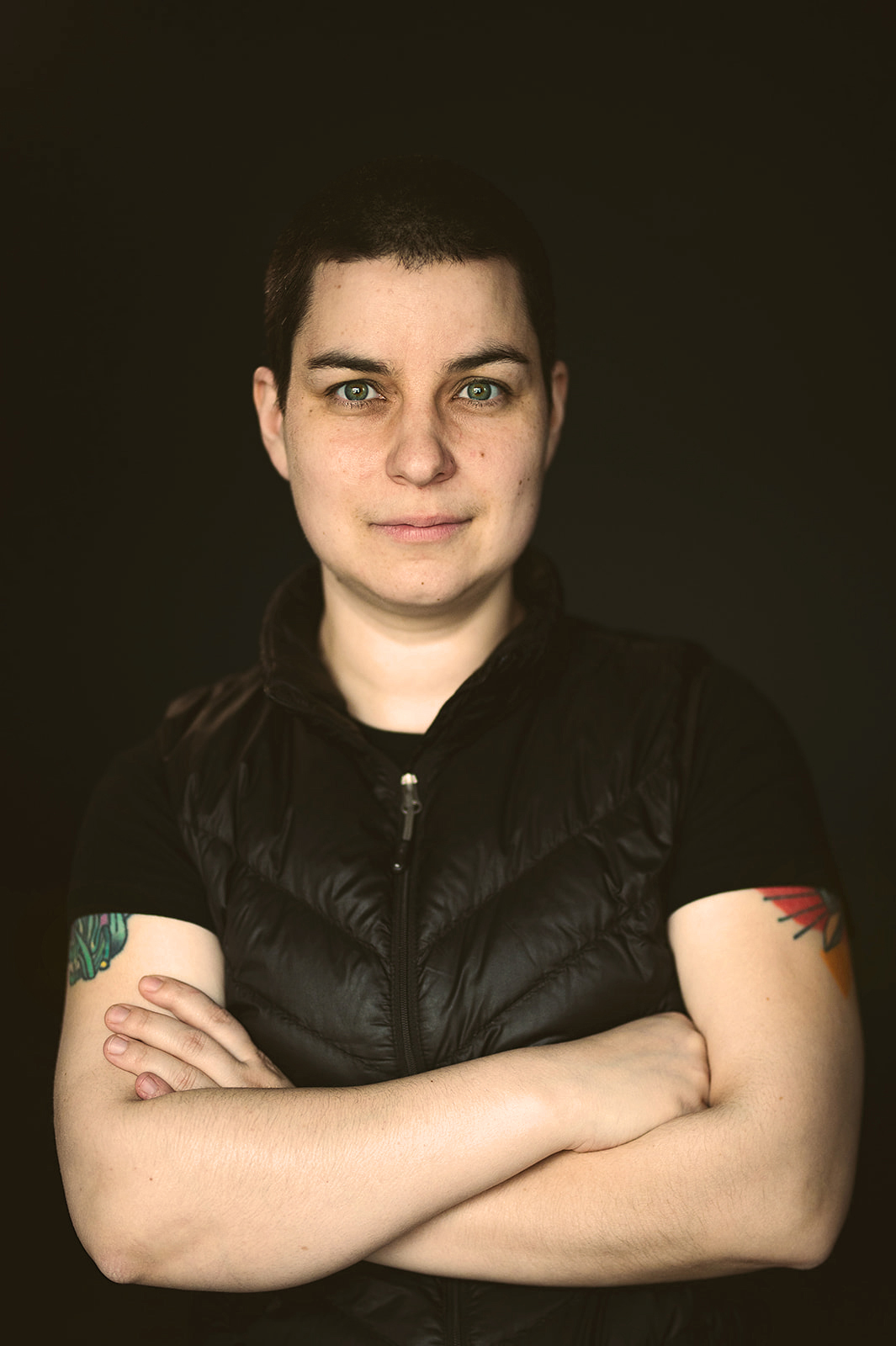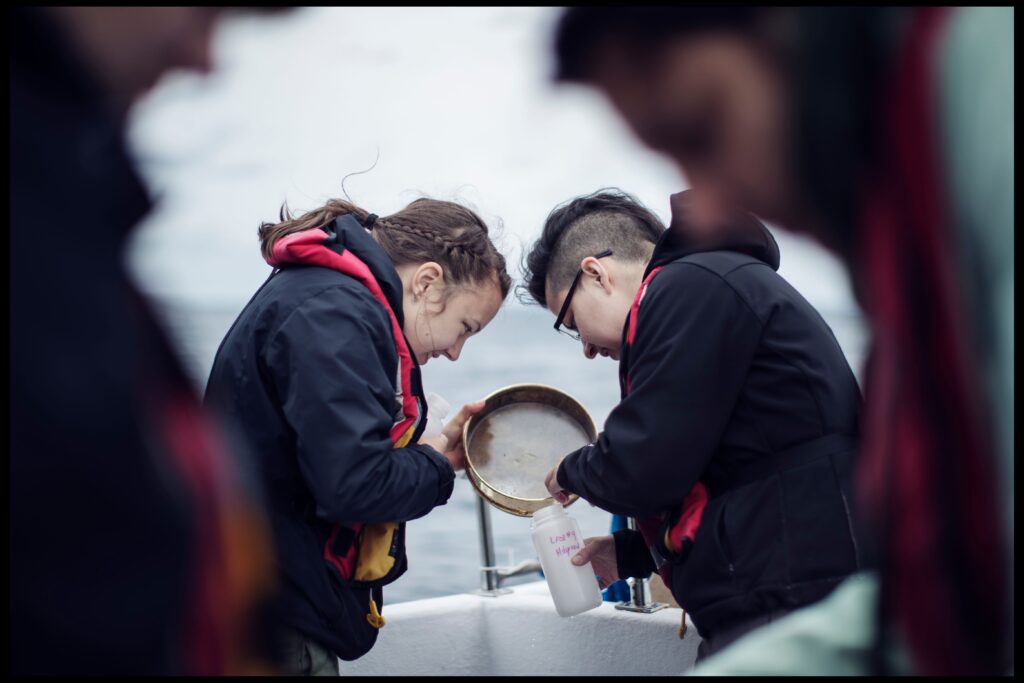Dr. Max Liboiron, associate professor of geography at Memorial University in Newfoundland, Canada, will join the MBU community as the 2023–24 Doenges Scholar on November 15–17.

Liboiron (pronounced Lee-Bwah-rohn) develops and promotes anticolonial research methods in a wide array of disciplines and spaces, including as director of marine plastic pollution lab CLEAR.
During their visit to MBU, Liboiron will present on how Pollution is Colonialism, Science is a Land Relation, also the title of their first book. Their work bridges science and technology studies, Indigenous studies, and the emerging field of discard studies, which looks at wider systems of waste and wasting to explore how some materials, practices, regions, and people are valued or devalued, and therefore become either dominant or disposable.
Liboiron provides a framework for understanding all research methods as practices that align with or against colonialism (control by one power over a dependent area or people, often seen when one nation subjugates another, conquering its population and exploiting it, and in most cases forcing its own language and cultural values upon its people).
Plastic pollution provides a specific focus for Liboiron here, and sparks questions about the relationship between ethical principles, the land and waters, and lab science.
“The main argument of Pollution is Colonialism is that all forms of research and activism have land relations,” Liboiron told the Next Nature network in a 2021 interview, “and those can align with or against colonialism as a particular form of extractive, entitled land relation. It’s written for … really anyone who wants to think about often invisible power relationships in their work on pollution and beyond.”

Liboiron is the founder and director of the Civic Laboratory for Environmental Action Research (CLEAR), a feminist, anti-colonial lab using values-based methods to do research differently.
Liboiron has influenced Canadian national policy on plastics and Indigenous research, and invented technologies and protocols for community monitoring of plastics. In addition to Pollution is Colonialism, they are the co-author of Discard Studies: Wasting, Systems, and Power, focusing on the emerging interdisciplinary field which they helped to develop.
Liboiron was elected to the Royal Society of Canada’s College of New Scholars, Artists and Scientists in 2021, and received the 2022 President’s Award for Outstanding Research and the 2021 Marilyn Harvey Award to Recognize the Importance of Research Ethics, both from Memorial University.
Schedule of Events: Doenges Scholar Dr. Max Liboiron
Open to the public
Pollution is Colonialism, Science is a Land Relation
Doenges Scholar Lecture
- 7 p.m. on Wednesday, November 15
- James D. Francis Auditorium in Pearce Science Center
- Zoom link: https://marybaldwin-edu.zoom.us/j/84299517575
Doenges Scholar Q&A
- 5:30 p.m. on Thursday, November 16
- James D. Francis Auditorium in Pearce Science Center
- Zoom link: https://marybaldwin-edu.zoom.us/j/82142999840
MBU student and faculty events
Doing Activism When You’re a Scientist, Administrator, or Researcher
Doenges Scholar Student Forum
- 12:15 p.m. on Thursday, November 16
- Room 301, Pearce Science Center
Values-Based Labs and Classrooms
Doenges Scholar Faculty Development Workshop
- 3 p.m. on Friday, November 17
- Room 301, Pearce Science Center
Since 1997, the Doenges Scholar endowed program gives MBU faculty and students the opportunity to work closely with visiting artists and scholars in the humanities, natural sciences, and social sciences. It was created in honor of alumna and Trustee Elizabeth Kirkpatrick Doenges ’63, a committed civic leader who championed causes to help the environment and education. After being diagnosed with fast-moving cancer that eventually took her life at 53, Doenges worked with family and friends to shape the visiting scholar program and significantly enrich the academic and cultural life of Mary Baldwin.